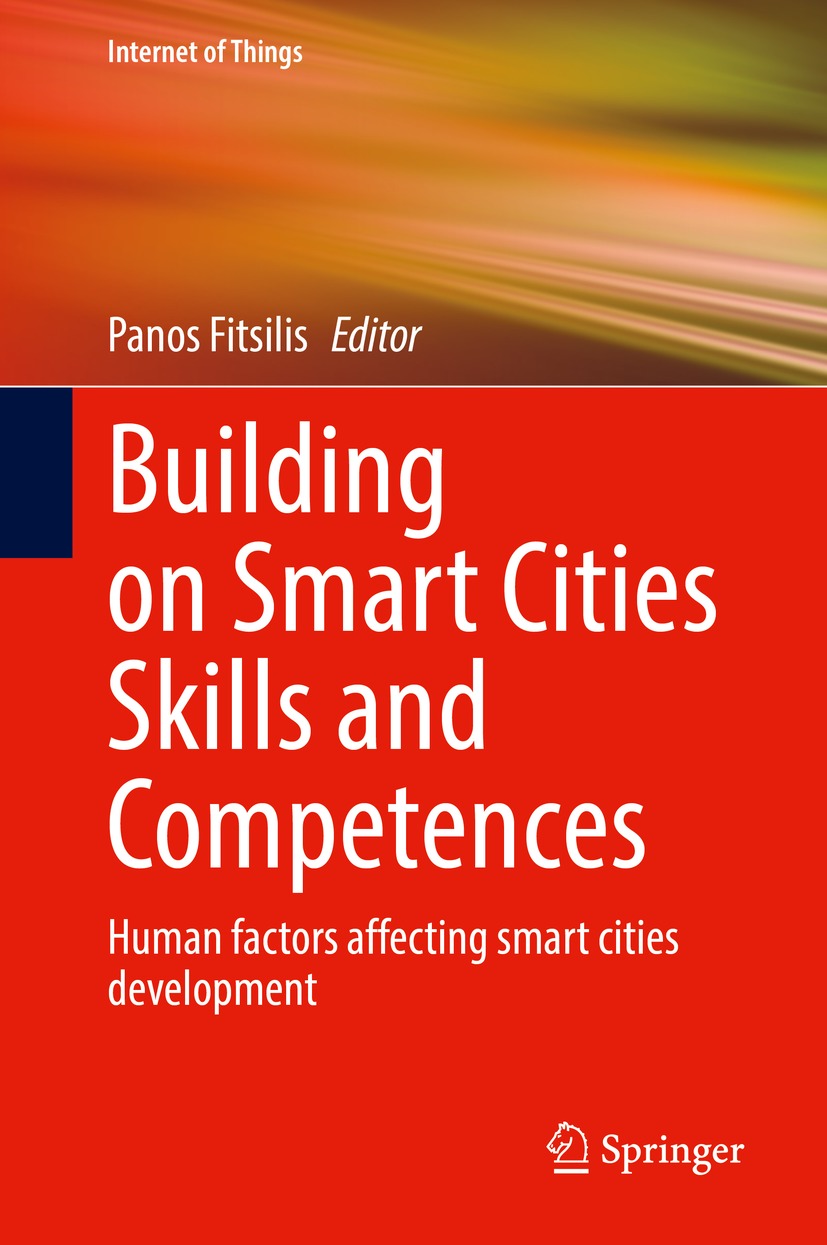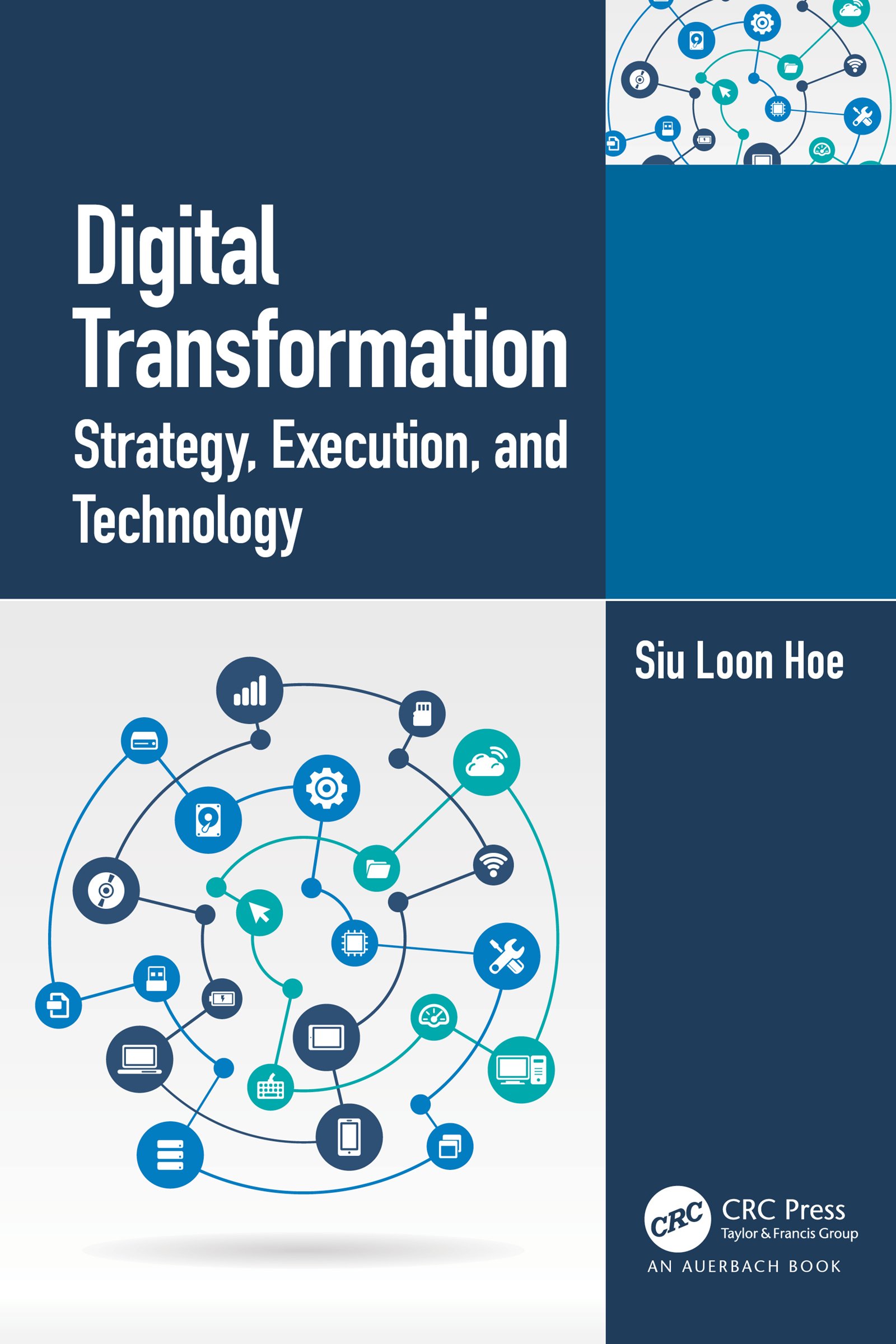This book provides insights on skills required to achieve success in smart cities from a variety of industry and human factors perspectives. It emphasizes the balance between learning skills, technical skills, and domain-specific skills in these industries, with special emphasis given to innovative software development models. The authors note that digital transformation requires complementary measures that are not overtly aimed to support infrastructure investment but are instead directed at promoting entrepreneurship, improving digital skills, engaging citizens, applying new transformation strategies, and developing innovative software. All of the above are considered strategically important, especially for medium-sized cities since that enable them to be more competitive in the global economy.












